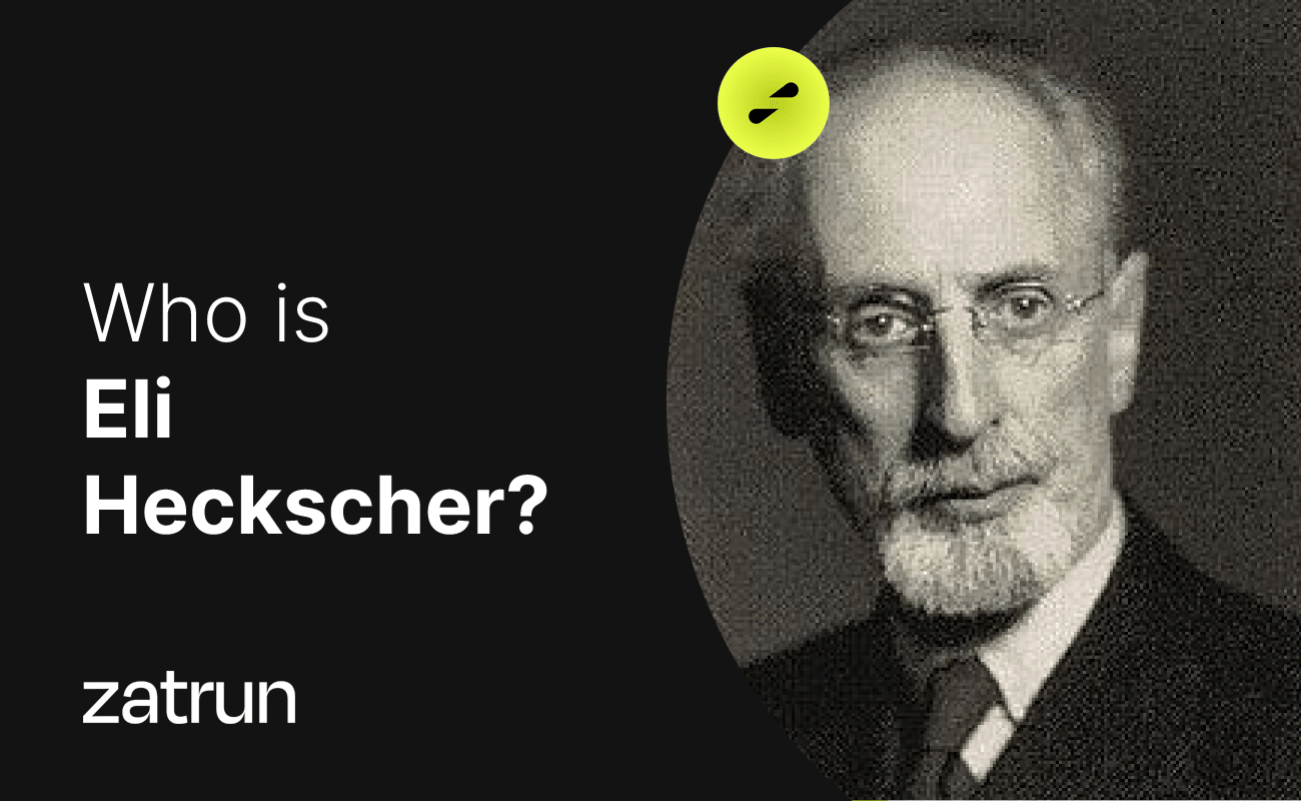In this article, we will delve into everything you need to know about Henry Hazlitt, a famous American journalist who has written extensively on economics and business. Zatrun.com as, we will cover in detail the life and work of this influential figure, who has piqued the interest of our readers.

Who is Henry Hazlitt?
Henry Hazlitt is an American journalist who primarily wrote about economics and business. He wrote articles for prestigious publications such as The Wall Street Journal, The Nation, The American Mercury, Newsweek, and The New York Times. Hazlitt was born in Philadelphia, Pennsylvania and raised in Brooklyn, New York. He came from a noble family of essay writers, with William Hazlitt being a notable member, but grew up in ordinary economic circumstances after his father passed away at an early age, leaving him in need of his mother’s support. Among his early inspirations were Herbert Spencer and William James, and his initial passion was to pursue an academic career in psychology and philosophy.
He attended the New York City College but had to drop out to support his mother. Hazlitt started his career as a secretary to the managing editor at The Wall Street Journal. He admitted to having an interest in economics before he began his job, and it was his job that led him to Philip Wicksteed’s “The Common Sense of Political Economy,” which had a tremendous impact on him. Hazlitt published his first book, “Thinking as a Science,” at the age of 21. He spoke about how he realized that clear thinking was more important than absorbing knowledge as he developed himself.
Military Service:
During World War I, Henry Hazlitt served in the Army Air Forces. He enrolled in New York on February 11, 1918, while living in Brooklyn. He served in the Aviation Section of the Signal Enlisted Reserve Corps until July 9, 1918. From October 22 until November 7, he received training at the US Army Aviation School in Princeton, New Jersey, and was then sent to AS Camp Dick in Dallas, Texas. He completed his service as a first-class private and was discharged on December 12, 1918. Hazlitt returned to New York and lived in Washington Square Park for many years.
Editing and Writing:
In the early 1920s, Henry Hazlitt served as the finance editor at The New York Evening Mail. During this time, he engaged in debates with former Harvard economics professor Benjamin Anderson, who worked for Chase National Bank in Manhattan, which further solidified Hazlitt’s understanding of economics. Later, publisher W.W. Norton recommended Hazlitt to write a biography of famous philosopher Bertrand Russell. Hazlitt spent “quite some time” with Russell, and Lord Russell was so impressed with Hazlitt’s talent that he accepted Norton’s offer.
However, the project ended after about two years of work when Russell decided to write his own autobiography. The interwar period was a vibrant time in American literary history. Hazlitt served as the literary editor at The New York Sun from 1925 to 1929 and at The Nation from 1930 to 1933. For The Nation, Hazlitt edited A Practical Program for America (1932), which compiled policy matters during the Great Depression. He was among the minority advocating for less government intervention in the economy. After a series of public debates with socialist Louis Fischer, Hazlitt parted ways with The Nation.

The New York Times and Newsweek Era:
From 1934 to 1946, Henry Hazlitt served as the lead editorial writer on finance and economics for The New York Times. During this time, he wrote a weekly signed column and numerous unsigned editorials on economics, making significant contributions to the field. However, after the establishment of the Bretton Woods system following World War II, Hazlitt and The New York Times publisher Arthur Hays Sulzberger had a falling out due to Hazlitt’s concerns about inflation risk, which led him to oppose the Bretton Woods agreement.
Agreeing to not write on the subject, Hazlitt began searching for another outlet to write for, ultimately finding a home at Newsweek magazine from 1946 to 1966, where he penned a column called “Business Tides”. According to Hazlitt’s views, the works of economist Ludwig von Mises had the greatest influence on his writings, and he was known for introducing the ideas of the Austrian School of Economics to his English-speaking colleagues. For example, in 1938, The New York Times reviewed Mises’ influential work, “Socialism,” stating that it was a “classic” and the most devastating analysis of socialism.
Henry Hazlitt helped Mises contribute to The New York Times with editorials after the Jewish economist fled Nazi-controlled Europe for the United States and helped him secure a teaching position at New York University. Along with friends Max Eastman and John Chamberlain, Henry Hazlitt supported the introduction of F.A. Hayek’s book “The Road to Serfdom” to American readers.
Other Works and Achievements:
Henry Hazlitt is known for both his writings and radio discussions. Among the important figures he interviewed were Dean Acheson, Henry A. Wallace, Paul Douglas, and Hubert H. Humphrey. In the early 1950s, Hazlitt also conducted interviews with Senator Joseph McCarthy, Congressman Franklin D. Roosevelt Jr., and other notable figures on CBS Television’s current events program, Longines Chronoscope, along with William Bradford Huie. Later, at the invitation of philosopher Sidney Hook, Hazlitt became a participating member of the American Committee for Cultural Freedom in the 1950s.












